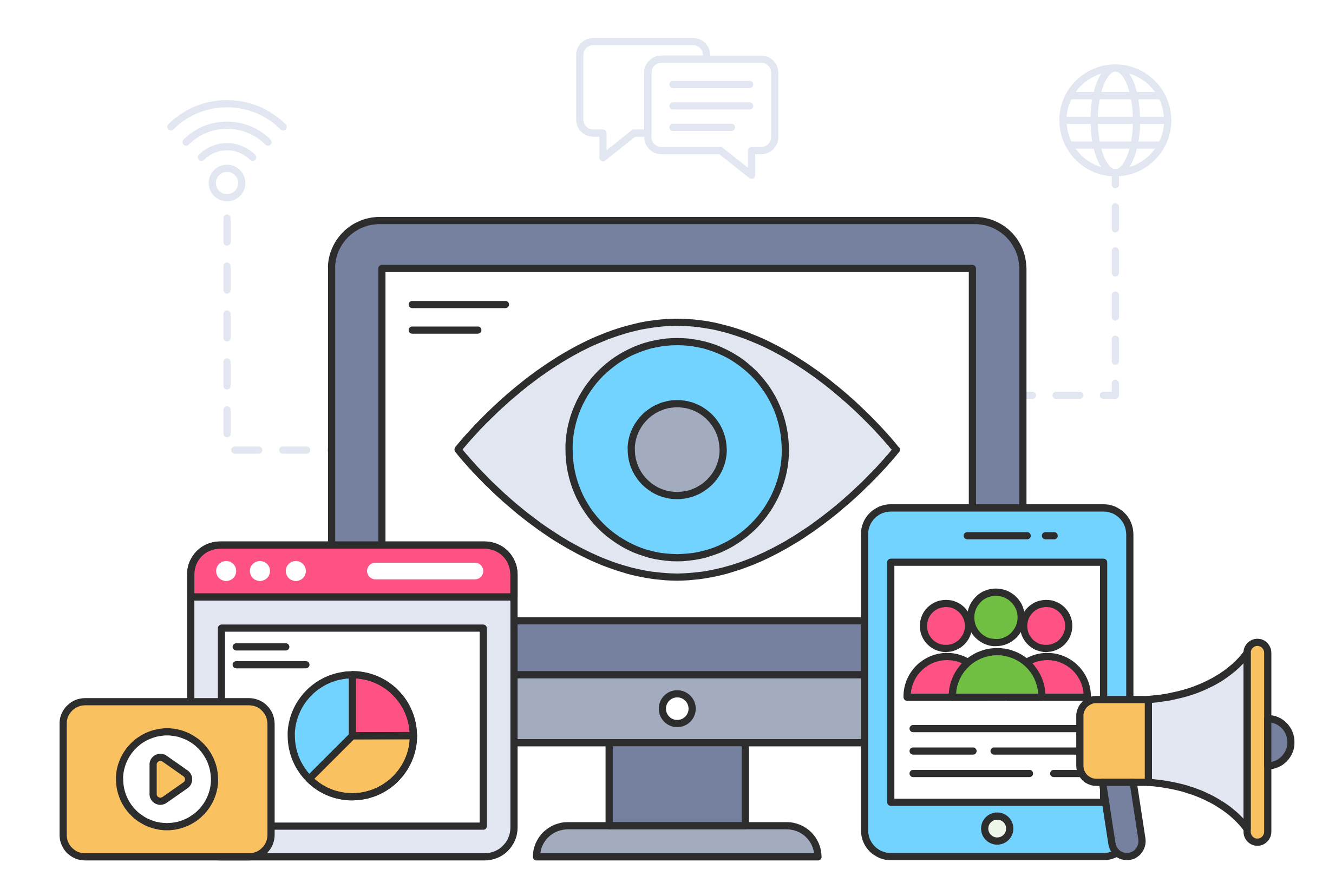Accessibility Resources for Visual Impaired
ACCESSIBILITY RESOURCES

1. Online courses for visually impaired
Hadley
Founded in 1920 by William Hadley, an educator who lost his eyesight later in life, Hadley offers practical help, connection and support free of charge to anyone with a visual impairment, their families and professionals supporting them. With Hadley, you can discover new ways to do things that have become more difficult due to vision loss and connect with a network of peers who "get it." And you don't need to come to Hadley. Hadley's help comes to you; online, on the phone or through the mail.
Find out more about Hadley Vision Resources
Vision-Aid
Vision-Aid’s mission is to enable, educate and empower persons with vision-related disabilities so that they can live with independence and dignity. The Vision-Aid Academy seeks to enable, educate and empower people with vision disabilities through access to education.
The Academy offers a range of courses, webinars, and informational videos to both Students with visual impairments, and Trainers/Professionals working amongst people with visual impairments.
The courses are industry-standard and cover topics including Python programming, Computer Applications, MobileTechnology, Life Skills, Spoken English, and many more. All of Vision-Aid’s trainers are well qualified and provide personalized attention to each student.All courses and resources are free of cost. Our website is built based on Web Content Accessibility Guidelines to improve accessibility by those with visual impairments.
Find out more about Vision-Aid VOA (visionaid.org)
2. Resources and tools on accessibility for people with visual impairment
Web browsers guidance to enable accessibility features
Each web browser has its own way of activating accessibility features. The following are links to guides describing how to enable the accessibility features of the 3 most commonly used browsers.
Read about Accessibility features in Microsoft Edge
Read about the new accessibility features in Chrome Browser and Chrome OS | Google Cloud Blog
Read about the Accessibility features in Firefox - Make Firefox and web content work for all users | Firefox Help (mozilla.org)
Screen readers
A screen reader is a piece of assistive technology that is frequently used by people with visual impairments or learning disabilities. It is also helpful for people learning English (or another language) and for the elderly.
Typically, a screen reader will start at the top of a website or document and read any text (including alternate text for images). Some screen readers allow the user to preview information, like the navigation bar or all the headings on a page and skip the user to the desired section of the page. For this reason, using navigation styles like headings is part of creating accessible documents.
The following are links to more information on screen readers.
Find out the List of screen readers of Wikipedia
Check here to check the 10 Free Screen Readers For Blind Or Visually Impaired Users from the page Usability Geek
Comprehensive list of resources made by a visually impaired person1
Connor Scott-Gardner is a disability rights activist, book blogger, and postgraduate student from the United Kingdom. He has been blind since birth due to Leber’s Congenital Amaurosis and became involved with activism because so much of the world was inaccessible to him: ‘I saw that things needed to change, not only to give disabled people the opportunities we deserve, but so that we are even valued as human beings.’
Their blog provides resources that can be used as part of a distance learning curriculum. Although they focus primarily on skills training for blindness in the field of technology, there are also links to more general training resources that can be used by blind professionals or students who are more proficient users of technology.
[1] All information in this subsection is taken from Connor Scott-Gardner's blog and we recognize and appreciate his authorship. Blog web address: https://catchthesewords.com/